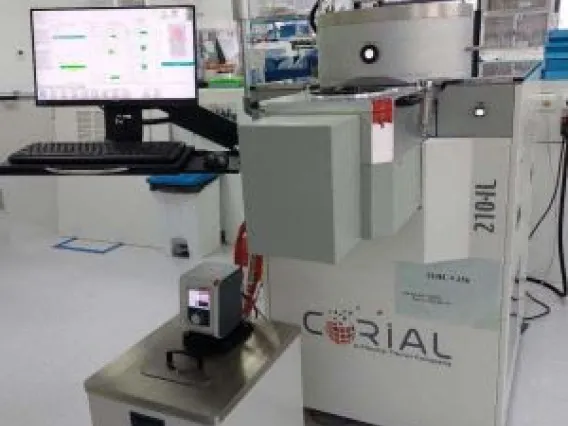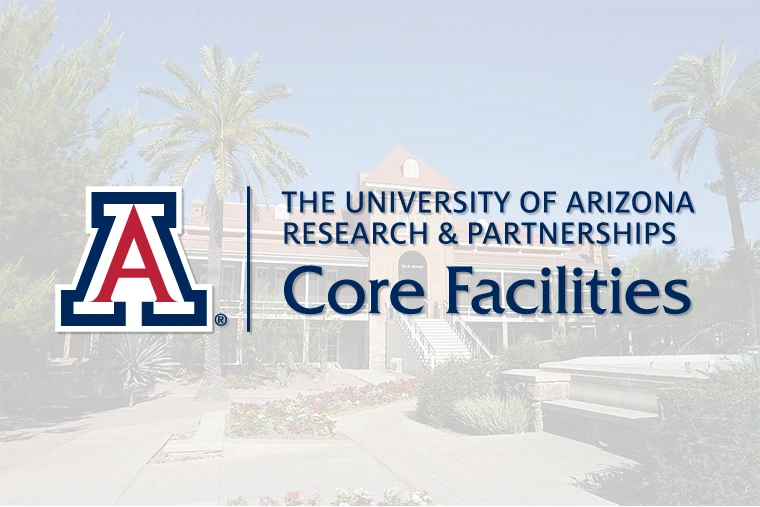Core Facility Pilot Program (August 3, 2023 deadline)
The RII Core Facilities Pilot Program is designed to support three key types of activity within the RII-managed core facilities. Each CFPP proposal will be evaluated on scientific merit and feasibility, and should focus on one or more of the following activity types:
- The development of new methods or techniques that would extend the standard operating procedures and capabilities of RII-managed core facilities and potentially impact multiple UA researchers.
- The acquisition of preliminary data needed for extramural proposals. Successful projects will result in at least one new extramural research proposal.
- The technical training of students conducting research under existing extramural funding. Proposals to train students from traditionally marginalized groups will be given funding priority.
Most awards will be capped at approximately $10,000, although well-justified projects may be awarded funding above this level.
List of eligible facilities:
- Analytical and Biological Mass Spectrometry
- Flow Cytometry and Human Immune Monitoring Shared Resource (BD LSR, BD, FACSARIA, BD Canto)
- Functional Genomics Core
- Imaging Cores - Electron
- Imaging Cores - Optical
- Machining and Welding Center
- Micro/Nano Fabrication Center
- Translational Bioimaging Resource
- University of Arizona Genetics Core
- BIO5 Genetically Engineered Mouse Models (GEMM) Core
- Arizona Genomics Institute
Proposals are due: AUGUST 2, 2023 | 5:00p
Full Details




